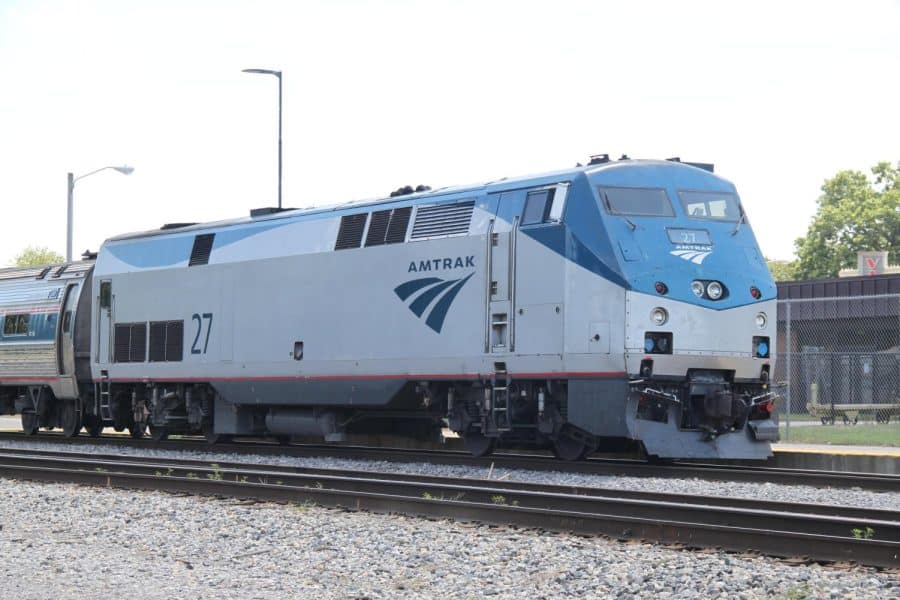No products in the cart.
Deal reached to avoid national rail strike

WASHINGTON (The Center Square) – The White House announced a tentative deal Thursday morning to avoid a national rail strike. The strike would have threatened to cripple the nation’s already stressed supply chain.
“I thank the unions and rail companies for negotiating in good faith and reaching a tentative agreement that will keep our critical rail system working and avoid disruption of our economy,” President Joe Biden said.
Biden said the deal gives rail workers better pay, improved working conditions, and “peace of mind around their health care costs.”
A strike had been planned for 12:01 a.m. on Friday.
An Association of American Railroads report said that the shutdown would cost $2 billion per day. As a result, it “would immediately harm every economic sector served by rail.” The group said the impact would involve 7,000 trains per day. It would also “trigger retail product shortages, widespread manufacturing shutdowns, job losses, and disruptions to hundreds of thousands of passenger rail customers.”
National Retail Federation President and CEO Matthew Shay said in a statement the industry was “relieved and cautiously optimistic that this devastating nationwide rail strike has been averted. …”
“We hope railway workers will accept the new terms of the proposed contract,” Shay adds. “The railway system can continue to operate on behalf of the millions of hardworking Americans who rely on it for their jobs and the economic security of our country.”
Rail accounts for nearly one-third of freight transport
Currently, rail moves about 28% of U.S. freight, which means trucks would have to pick up the slack. Union leaders were haggling over time off, pay raises, and bonuses as several industries watched closely, fearing the worst.
The rail industry and rail unions have been in contract talks since 2019. In July, Biden appointed a Presidential Emergency Board to investigate and make recommendations.
The recommendations include a 24% wage increase. It also includes a retroactive annual bonus of $1,000 dating back to 2020. They also had increased health care and other benefits. Not all of the unions agreed.
Under the Railway Labor Act, Congress has stopped disruptions at least 18 times in the past.



